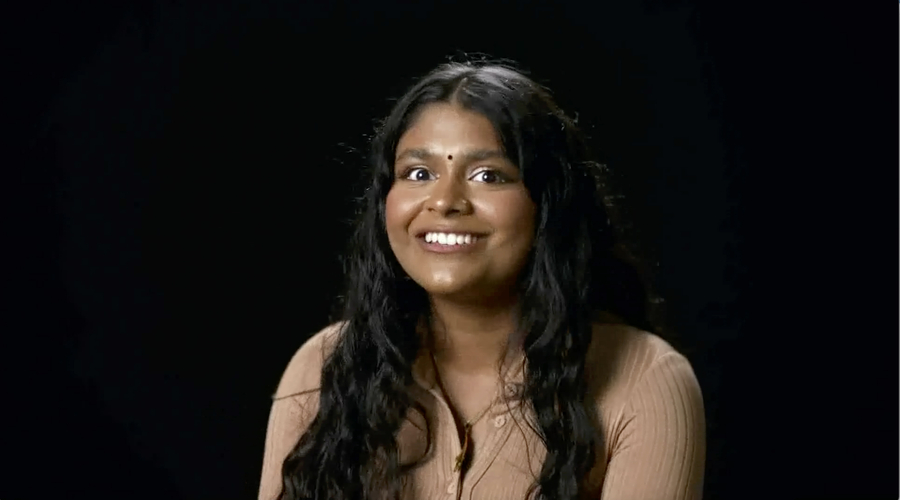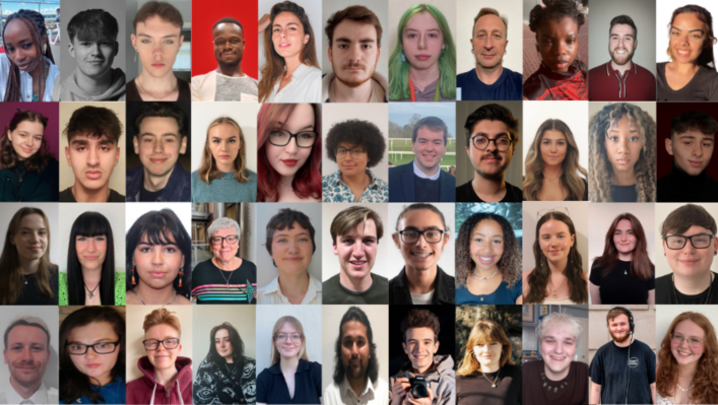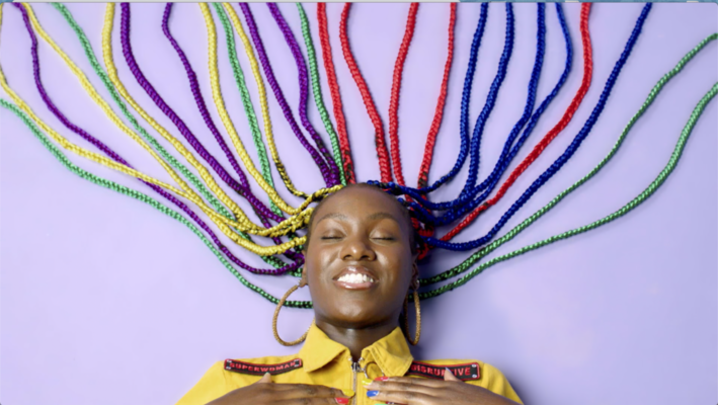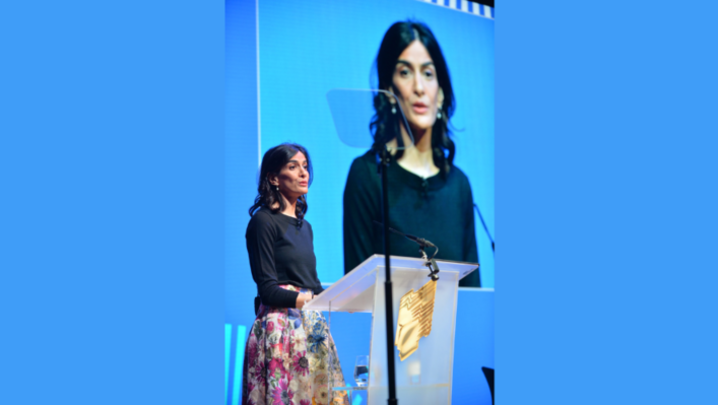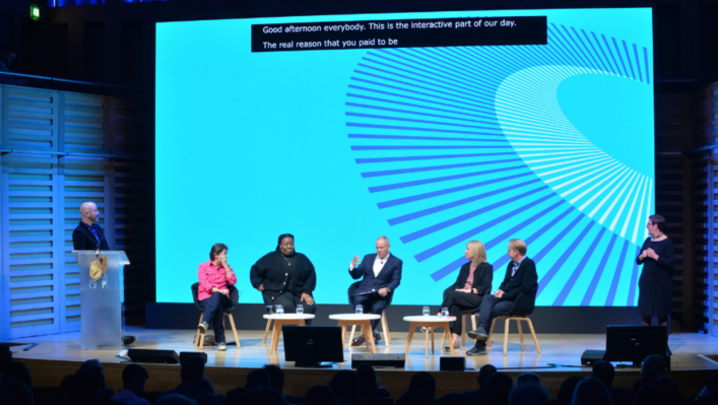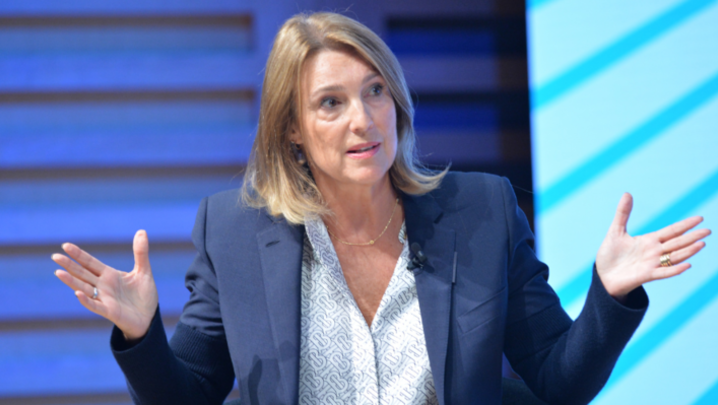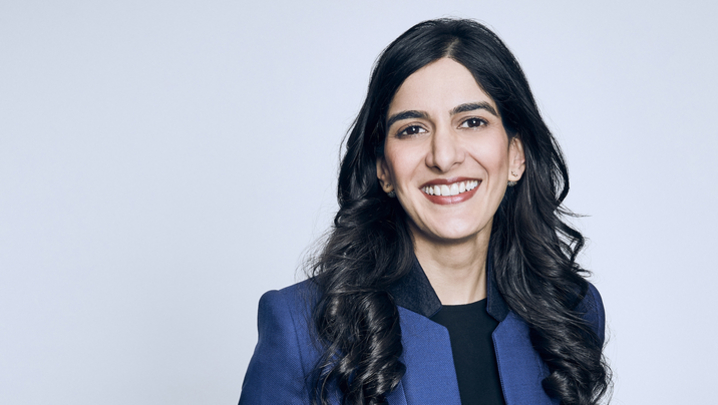The opinions of TV’s next generation should make veteran execs sit up and listen.
Convention delegates got the chance to hear from the next generation of media consumers, media creators – and media leaders – about what the current industry leadership is getting right and wrong.
Four short films made by RTS Bursary Scholars presented sometimes uncomfortable responses to four questions: Is this an industry that makes you feel welcome? What do you watch and how do you watch it? Where do you get your news from – and do you trust it? What message do you want delegates to take away?
Florence Watson on workplace culture: “If someone is racist, homophobic, or ableist towards you, are you going to be able to say anything when our entire industry is built on contacts? It can be really hard to stick your neck out [if you are] scared of losing work or being seen as difficult.”
Jennifer Mawby on class diversity: “It’s hard, TV is quite a volatile career. The contract I’ve been put on is six months, and after that, I’ve no idea what will happen. I had to pack up and move to London. It’s really difficult if you come from a low-income background… to pay for a deposit and a month’s rent upfront.”
Ishavishali Chandrakumar on ethnic diversity: “When I was on this shoot… I didn’t realise [until everyone turned up] how undiverse the crew was. I don’t feel like it’s a racism thing. It’s simply because of who you know. I come from a working-class background; my parents have never had the opportunity to make contacts with people at the top of the chain… diversity is lacking simply because work comes from who you know.”
Ben Ledsham on watching TV: “I can’t remember when I last watched something on terrestrial TV live.”
Florence Watson on watching TV: “TikTok has replaced my YouTube addiction with an even more potent addiction.”
Isabelle Thompson on her news sources: “On Snapchat, you have Snap Maps. You can scroll through and see anyone, any story, around the world. So I click on Ukraine, and see all these live stories from people who are there, and they’re around my age. The amount of information that I get from that [is so much more than] what I am receiving on mainstream media.”
Lee Hodgetts on news sources: “I don’t tend to use social media for news – I don’t trust it as much. I stay away from Twitter. No news channel is 100% trustworthy; always take everything with a pinch of salt.”
Jennifer Mawby on her message for delegates: “You spend hours doing these applications and no one even replies. I’ve asked for feedback sometimes in interviews, and they say, ‘We’ll email you feedback’, and they never do. They don’t provide contact details for you to ask.”
Keoni D’Souza on his message for delegates: “There are efforts to make this a more inclusive and diverse industry. But I think it’s important not to get too complacent about it. Let’s not pat ourselves on the back just yet.”
Nicole Tomkins on her message for delegates: “People in the media are the most forward-thinking, creative bunch out there. And are really friendly… unless you catch them on a bad day and they’ve not had a coffee.”
Charlie McMorine on his message for delegates: “One thing that needs to change is this notion that, to work in television, you have to know someone already in television.”
The RTS Bursary Scholar films were produced by Zara Akester at Renegade Pictures. Report by Shilpa Ganatra.

